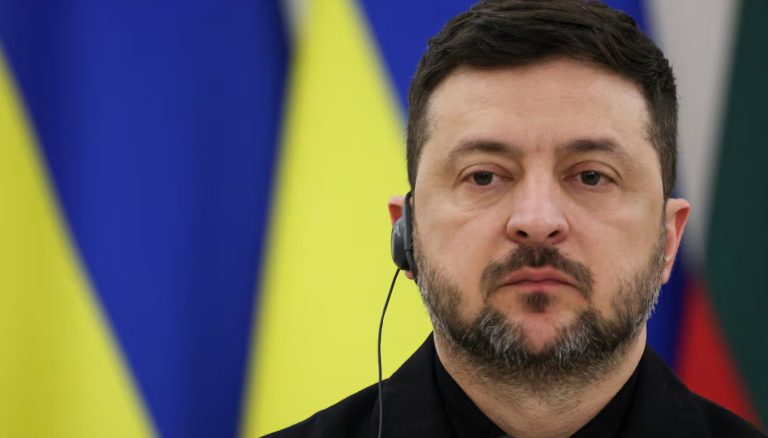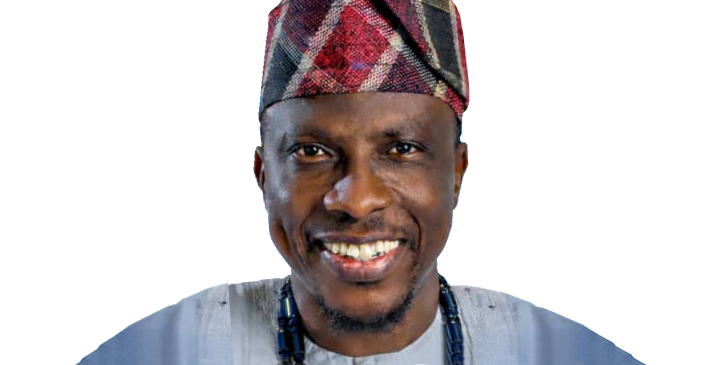
Secretary to the Government of the Federation, SGF, Senator George Akume, has stated that corruption in government continues to thrive through procurement malpractices.
Akume, who spoke in Port Harcourt on Monday at the 2025 Mandatory Continuous Public Procurement Capacity Training Programme organised by Petroleum Technology Development Fund, PTDF and Bureau of Public Procurement, BPP, for procurement officers, said such abuses directly steal development from the people of Nigeria.
Senator Akume, who spoke through his technical adviser, Olusegun Adekunle, said every naira lost to a fraudulent contract is a naira taken away from building a school, hospital, road, or water supply that citizens desperately need.
He said public procurement is recognised globally as a crucial instrument for good governance and corruption prevention, saying that by enforcing open and competitive bidding, due diligence and oversight avenues for kickbacks and collusion are closed off.
“In Nigeria’s case, the reforms introduced by the Public Procurement Act 2007 and the establishment of the BPP have been yielding positive results. This very program is a continuation of that effort as mandated by the Public Procurement Act (PPA) 2007 (Part II, Section 5(k)) which explicitly empowers the BPP to organise training and development programmes for procurement professionals. By convening this capacity-building exercise, we are fulfilling a legal and moral duty to equip our procurement officers with the skills and ethics required to manage public resources effectively.
In his welcome address, the Executive Secretary of Petroleum Trust Petroleum Technology Development Fund, PTDF, Ahmed Galadima Aminu, said PTDF has trained more than 15,000 Nigerians through both local and international scholarship programmes.
He said through collaboration with tertiary institutions, the PTDF has completed the upgrade of 26 departments in various universities and established 214 ICT centres across the country.
He said the interventions include the construction, furnishing, and equipping of specialised laboratories, all strategically targeted at strengthening academic programmes that support the oil, gas, and energy sector.



